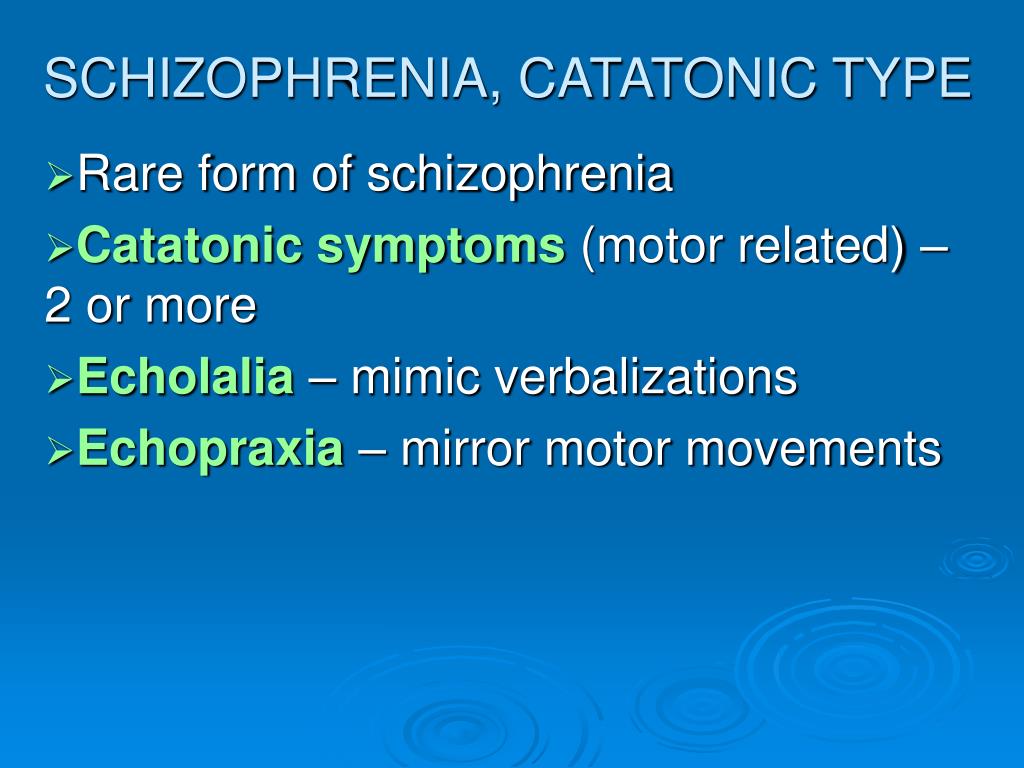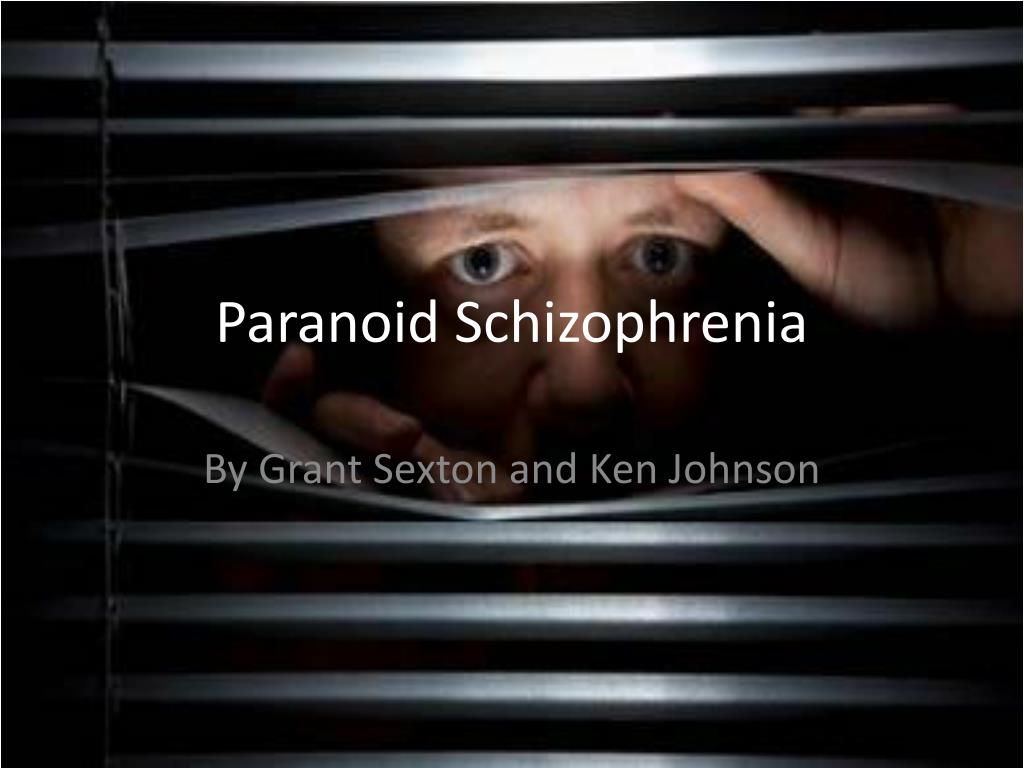
This is more common in chronic conditions like schizophrenia and dementia. However, some people don’t realize that they’re hallucinating. In these cases, you can use context clues and your environment to tell that what you’re “experiencing” isn’t real. Most people are also able to tell that the hallucinations that happen when they’re falling asleep or waking up aren’t real. It’s possible to experience hallucinations while being aware that they aren't real.įor example, some people grieving the death of a loved one may momentarily hear their deceased loved one’s voice or see them, but they know that what they’re hearing or seeing is impossible. Upon further examination, you realize that it’s a bag and not a cat. Illusions happen when you misinterpret something real in your environment.įor example, you might mistake a black bag sitting on a window sill for a black cat. In other words, hallucinations involve experiencing something that doesn’t exist. Hallucinations are a perception not based on sensory input, whereas illusions are misinterpretations of sensory inputs. What’s the difference between a hallucination and an illusion? For example, they can involve someone thinking they have special powers or they’re being poisoned despite strong evidence that these beliefs aren’t true. It involves seeing, hearing, tasting, smelling or feeling something that isn't there.ĭelusions are unshakable beliefs in something untrue. What is the difference between a hallucination and a delusion?Ī hallucination is a sensory experience. These hallucinations aren’t usually a cause for concern.

People commonly see moving patterns and shapes or vivid images of faces, animals or scenes. They’re usually short-lasting and about 86% of them are visual. Hypnagogic hallucinations: These are hallucinations that happen as you're falling asleep.They may be more common in people with certain sleep disorders. For most people, hypnopompic hallucinations are considered normal and aren’t cause for concern. Hypnopompic hallucinations: These are hallucinations that occur as you're waking up from sleep.

There are also types of hallucinations that are sleep-related, including:
#The most common type of hallucination in schizophrenia is skin#
They may involve feeling like bugs are crawling on your skin or your internal organs are moving around.

Some people hear voices when no one has spoken. They involve hearing sounds that aren’t real, like music, footsteps or doors banging.

When a person thinks their hallucination is real, it’s considered a psychotic symptom. Hallucinations are typically a symptom of a psychosis-related disorder, particularly schizophrenia, but they can also result from substance use, neurological conditions and some temporary situations.Ī person may experience a hallucination with or without the insight that what they’re experiencing isn’t real. Chemical reactions and/or abnormalities in your brain cause hallucinations. Hallucinations seem real, but they’re not. A hallucination is a false perception of objects or events involving your senses: sight, sound, smell, touch and taste.


 0 kommentar(er)
0 kommentar(er)
